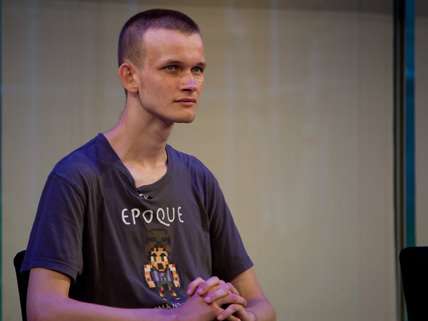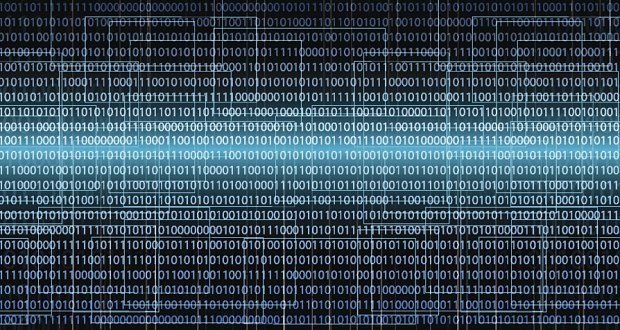 Quoted: “Ethereum’s developers believe their project will lead to the proliferation of programs they call “smart contracts,” in which the terms of an agreement are written in code and enforced by software. These smart contracts could carry out the instructions of a complex algorithm based on data feed—such as a stock ticker. They could facilitate practically any financial transaction, such as holding money in escrow or dispersing micropayments among autonomous machines. They could be used to create a peer-to-peer gambling network, a peer-to-peer stock trading platform, a peer-to-peer social network, a prenuptial agreement, a will, a standard agreement to split a dinner check, or a public registry for keeping track of who owns what land in a city.
Quoted: “Ethereum’s developers believe their project will lead to the proliferation of programs they call “smart contracts,” in which the terms of an agreement are written in code and enforced by software. These smart contracts could carry out the instructions of a complex algorithm based on data feed—such as a stock ticker. They could facilitate practically any financial transaction, such as holding money in escrow or dispersing micropayments among autonomous machines. They could be used to create a peer-to-peer gambling network, a peer-to-peer stock trading platform, a peer-to-peer social network, a prenuptial agreement, a will, a standard agreement to split a dinner check, or a public registry for keeping track of who owns what land in a city.
Gupta predicts that these smart contracts will be so cheap and versatile that they’ll do “a lot of things that today we do informally,” and take on a lot of the “donkey work of running a society.””
Read the article here > http://reason.com/blog/2015/03/19/here-comes-ethereum-an-information-techn





 Quoted: “Ethereum’s developers believe their project will lead to the proliferation of programs they call “smart contracts,” in which the terms of an agreement are written in code and enforced by software. These smart contracts could carry out the instructions of a complex algorithm based on data feed—such as a stock ticker. They could facilitate practically any financial transaction, such as holding money in escrow or dispersing micropayments among autonomous machines. They could be used to create a peer-to-peer gambling network, a peer-to-peer stock trading platform, a peer-to-peer social network, a prenuptial agreement, a will, a standard agreement to split a dinner check, or a public registry for keeping track of who owns what land in a city.
Quoted: “Ethereum’s developers believe their project will lead to the proliferation of programs they call “smart contracts,” in which the terms of an agreement are written in code and enforced by software. These smart contracts could carry out the instructions of a complex algorithm based on data feed—such as a stock ticker. They could facilitate practically any financial transaction, such as holding money in escrow or dispersing micropayments among autonomous machines. They could be used to create a peer-to-peer gambling network, a peer-to-peer stock trading platform, a peer-to-peer social network, a prenuptial agreement, a will, a standard agreement to split a dinner check, or a public registry for keeping track of who owns what land in a city.








